Some herbs to aid sleep can help you sleep better and longer and wake up more refreshed. These hero herbs might be your cup of tea!
RELATED: 7 Foods That Help You Sleep And The Importance Of Nutrition With Sleep
Best Natural Herbs to Aid Sleep
Some herbs and tea brews may help you fight insomnia, improve your sleep quality and latency, and reduce insomnia. It’s a great option for those that don’t respond well to store-bought sleeping aids. In addition to aiding sleep, many teas have powerful health benefits.
For those that want to prefer to subscribe to natural aids, you might find your new favorite nightcap on this list.
1. Chamomile
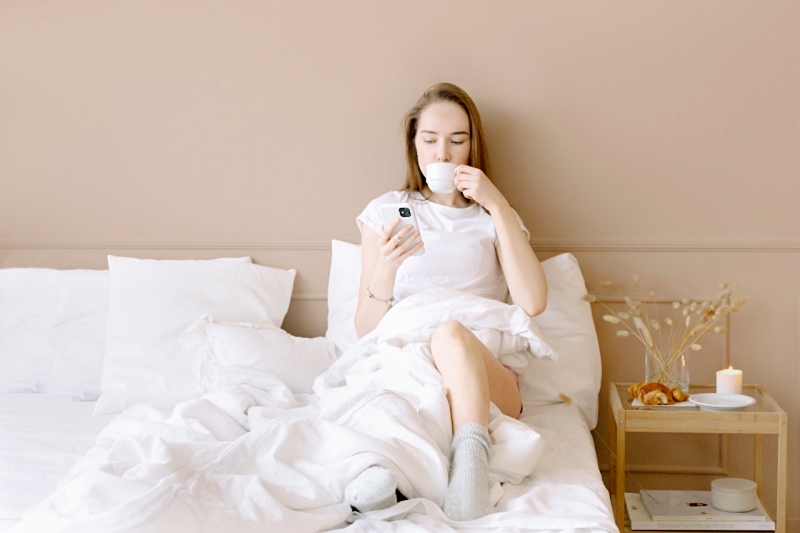
Chamomile tea is rich in antioxidants and is popular for soothing an aching stomach and is widely used in skincare. Some studies show that this tea can also help you sleep better.
A 2019 systematic review found that chamomile can significantly boost your sleep quality. Some evidence also shows that it can help improve symptoms of a generalized anxiety disorder (GAD).
A blind trial with 60 older adults showed that 200mg two times a day for around a month can help boost sleep quality and sleep latency. Another 2016 study involving postnatal women showed that drinking chamomile tea can help improve postnatal women’s sleep quality and can reduce symptoms of depression.
However, there’s still not enough evidence of large-scale trials to prove that chamomile tea, an ancient medicinal herb, can aid sleep.
But if you want to try it for yourself, take chamomile as tea. Drink it twice a day for at least two weeks.
2. Hop
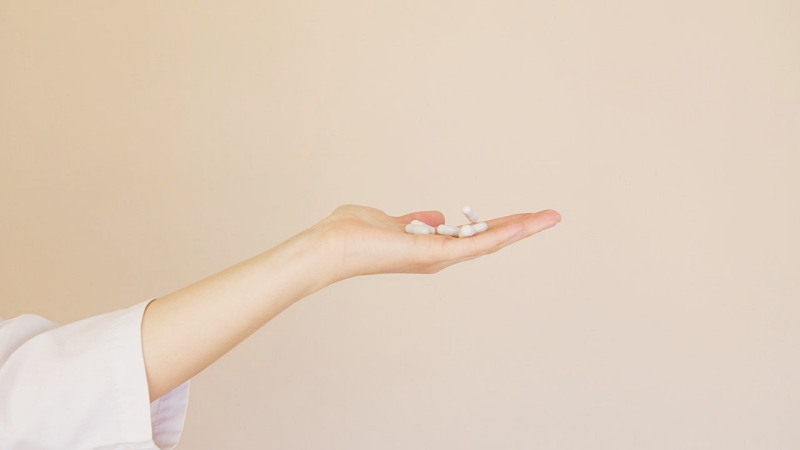
Hop or hops was a popular ingredient in German beer, used to balance the bitterness and beer and to increase its shelf life. And with its gaining popularity, more and more people started to focus on the other uses and medicinal benefits of the medicinal plant.
A 2017 trial using the Pittsburgh Sleep Quality Index (PSQI) found that hops showed improvement in PSQI scores. The PSQI is a 19-item questionnaire that scores your sleep quality based on factors like:
- sleep quality
- habitual sleep efficiency
- sleep latency
- sleep duration
- use of sleeping aids
- sleep disturbance
- daytime dysfunction
A small study found that hops, as an ingredient in beer, improve the subject sleep quality of the subjects when they drank beer with their dinner.
On the other hand, a 2010 randomized placebo trial found that there were no changes in the subjects’ sleep quality.
You can take hops as a supplement. Follow the instructions for proper dosage and take for at least two weeks.
3. Lavender
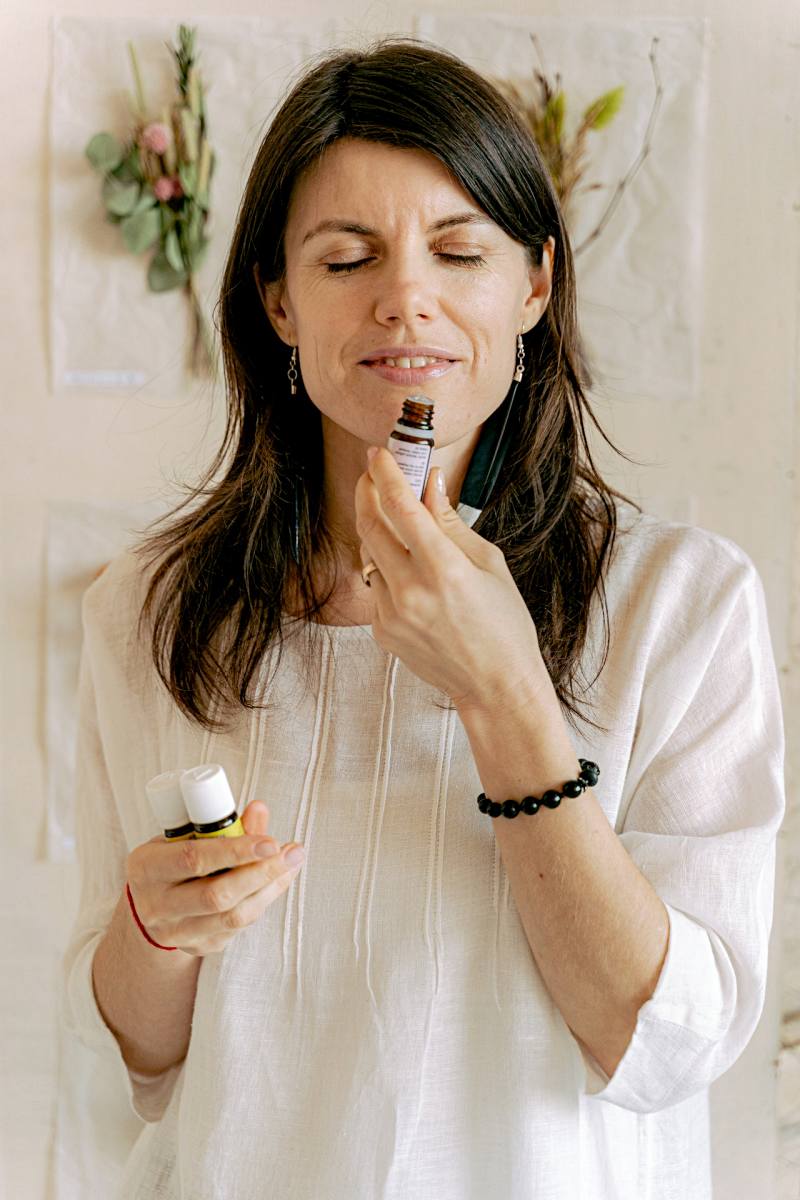
Along with chamomile, lavender is hailed for its soothing effects. Lighting lavender aromatherapy candles, inhaling essential oils, or using lavender massage oils may bring you more restful and refreshing sleep.
A 2022 review suggests that inhaling lavender essential oils improves the quality of sleep. Another 2022 review reported that the effects of lavender include:
- deeper sleep (65% of the volunteers)
- uninterrupted sleep (65% of the volunteers)
- fell asleep faster (30% of the volunteers)
- calming (40% of the volunteers)
- reduced stress and anxiety (40% of the volunteers)
The most common effects were deeper sleep, uninterrupted sleep
However, the studies were also small and only a few studies investigate using different ways to administer lavender like aromatherapy, oral, and massage oil. They also didn’t mention the composition of lavender and the proper dosage to become effective as a sleeping aid.
To use lavender herbs to aid sleep, inhale 2% lavender essential oils before bed for 15 days.
4. Passionflower
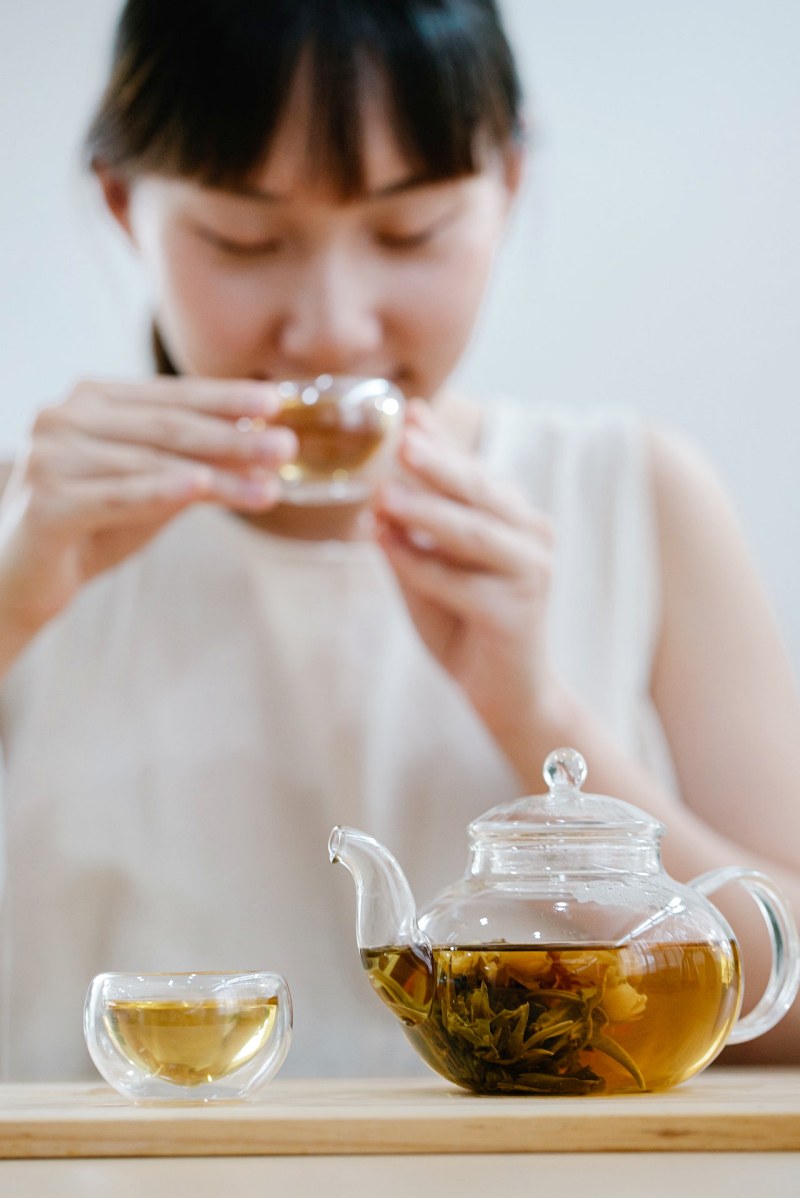
Usually used in combination with other herbs, passionflower is known for its calming effects. Like most herb sleeping aids, you can find it as a tea, infusion, tincture, or extract. Passionflower dietary supplements may also help relieve anxiety, sleep issues, symptoms of menopause, and attention-deficit hyperactivity disorder (ADHD). And when applied topically, it has been known to treat burns and hemorrhoids.
One 2011 study found that a low dose of passionflower tea can show significant improvements in sleep quality in healthy adults.
A 2017 study showed that passionflower may raise the time rats spent in deep sleep (slow wave sleep), lessen rapid eye movement sleep, and caused the rats to fall asleep faster.
But because there aren’t many studies on passionflower and it’s usually used in tandem with other sedative herbs, it’s hard to conclude that passionflower can aid sleep.
Still, it may provide a safer and more natural alternative to sleeping pills. Drink one to two cups a day of passionflower tea. If you’re taking medication, consult with your doctor before drinking Passionflower.
5. Lemon Balm

The medicinal uses of lemon balm date back to the Middle Ages, similarly used as chamomile tea to ease stomach aches, relieve stress and anxiety, and aid in sleep. Fresh, minty, and citrusy, lemon balm is a popular essential oil and tea.
Is stress leaving you tossing and turning all night? Downing a cup of lemon balm tea at night might help alleviate symptoms of depression. It also reduces insomnia, which is closely linked to depression.
A 2021 study found that taking 500g of lemon balm can boost the quality of life in women struggling with sleep disturbance.
Whether taken as a capsule supplement or a piping hot cup of tea, lemon balm may help ease your mind and promote good sleep.
6. Valerian
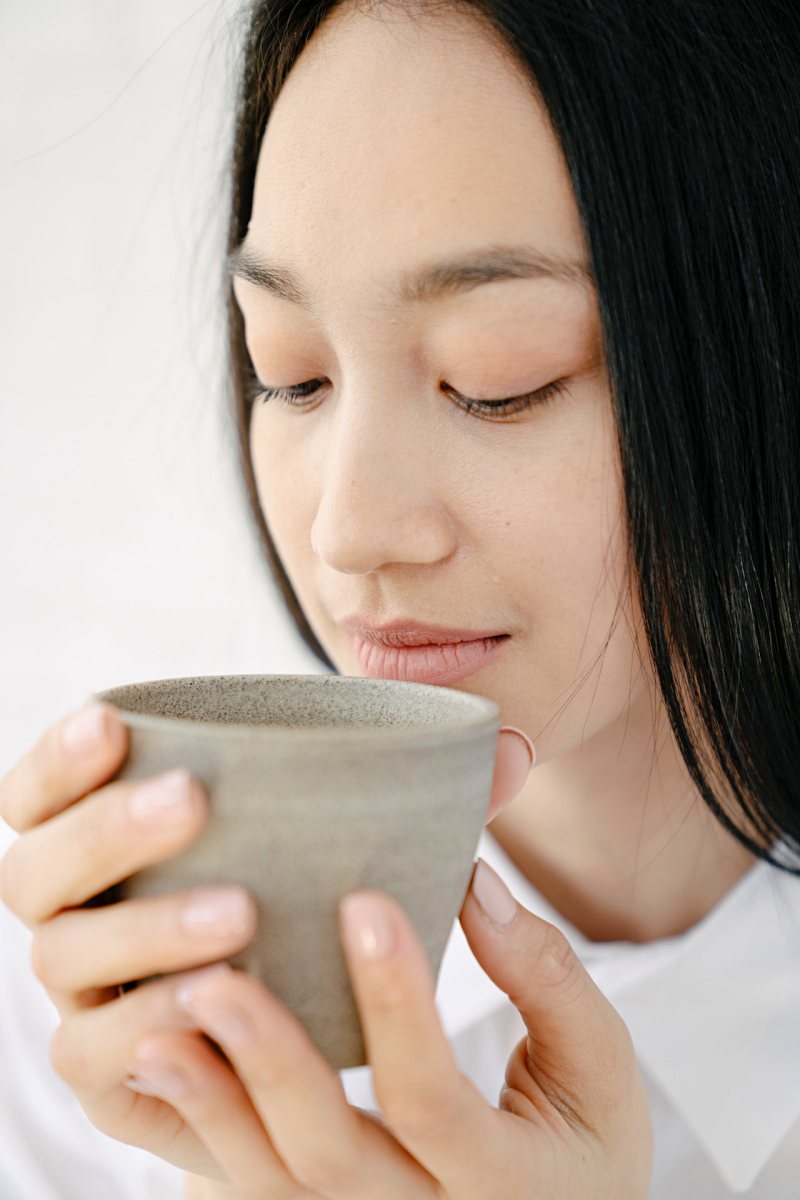
None of the herbs to aid sleep are so extensively studied as valerian root. In ancient times, valerian root was widely used in Rome and Greece to nurse insomnia, fatigue, migraine, and cramps. Today, many still look to the herb to help alleviate insomnia, headaches, anxiety, depression, and premenstrual syndrome (PMS).
Valepotriates and sesquiterpenes, chemicals found in valerian root, were found to have sedative effects. Research posit that valerian has become a popular herbal sleep aid because of these two substances.
One study found that those that had 400mg of valerian extract were able to fall asleep faster. And those who identified themselves as smokers, poor sleepers, and took longer to fall asleep, had improved sleep quality.
Another study combining valerian root and lemon balm found that the duo can promote sleep and improve sleep quality.
Unfortunately, though widely studied, sleep experts advise against consuming valerian root to treat insomnia. Current studies are also inconsistent, so experts cannot say for sure if it’s a surefire sleep aid. The science isn’t clear on proper dosing and it’s unknown if it’s safe for long-term use.
To drink this herb to help you sleep, brew 3g of dried valerian root for 10 to 15 minutes. Drink the tea approximately 30 minutes to two hours before bedtime. But under proper sleep hygiene practices, try drinking it two hours before bedtime to avoid frequent runs to the loo.
Herbs to Aid Sleep—Are They Safe?
Like drugs and supplements, some herbs are not without risk. You might notice an improvement in your sleep quality, while other sleepers might experience side effects. Even over-the-counter sleeping supplements have side effects, which aren’t meant to be taken regularly.
Be sure to subscribe only to reputable companies that ground their products on scientific data. Some brands might include too small doses in their tea for you to feel any effect.
While scientists continue to study and improve the science of natural sleep supplements, herbs to aid sleep are here to give us more alternatives if the ones available at the store are not an option. They can be a helpful partner to good nutrition and proper sleep hygiene to help you get optimal sleep.

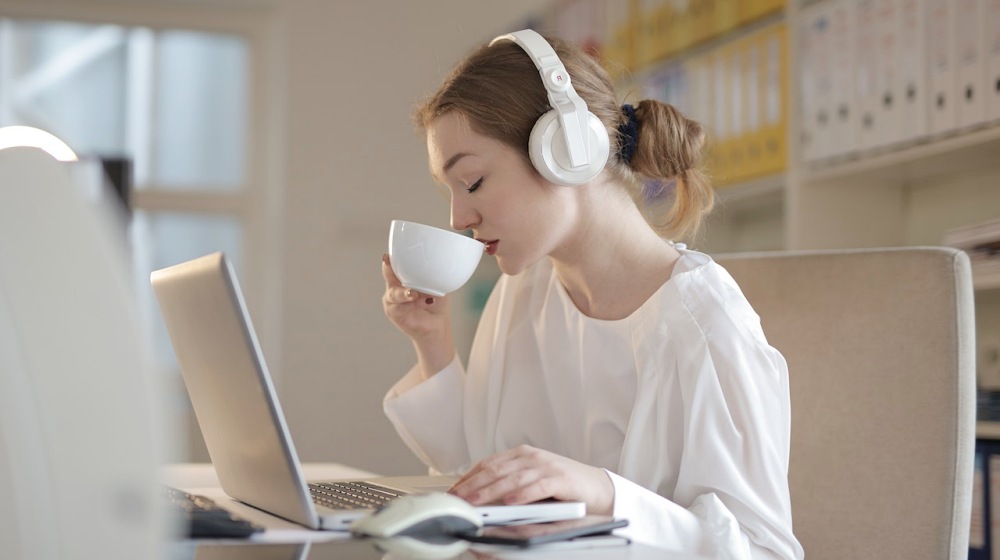








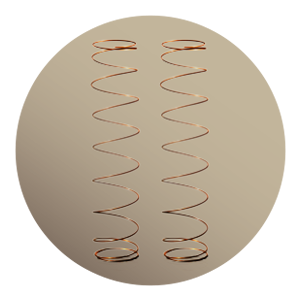
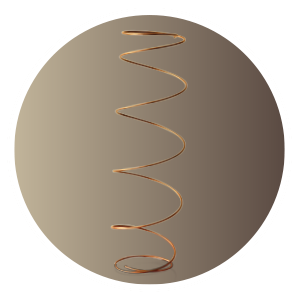
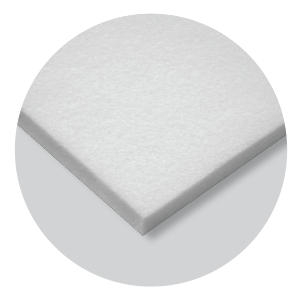
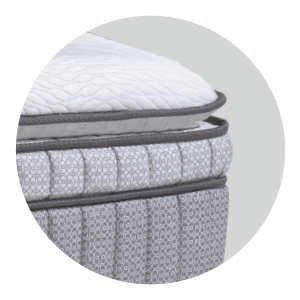
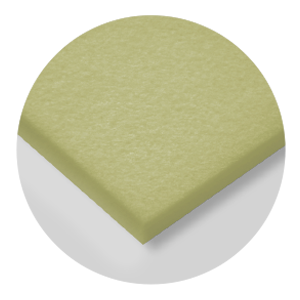
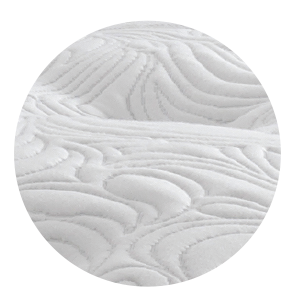
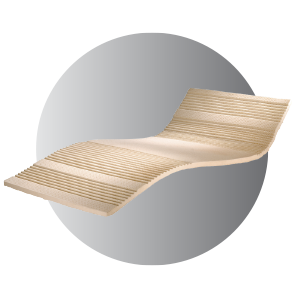
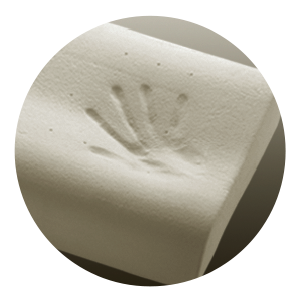
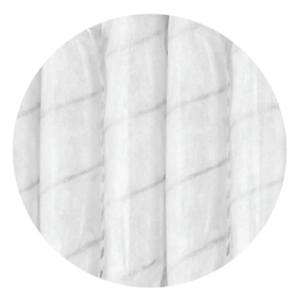
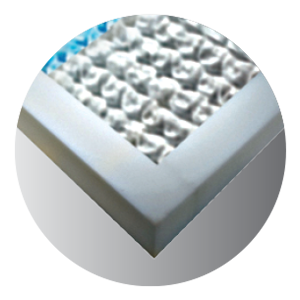
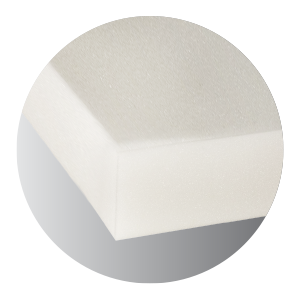

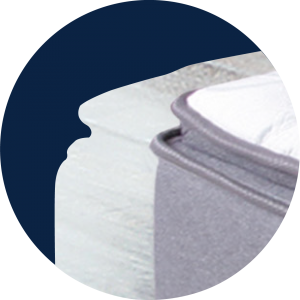
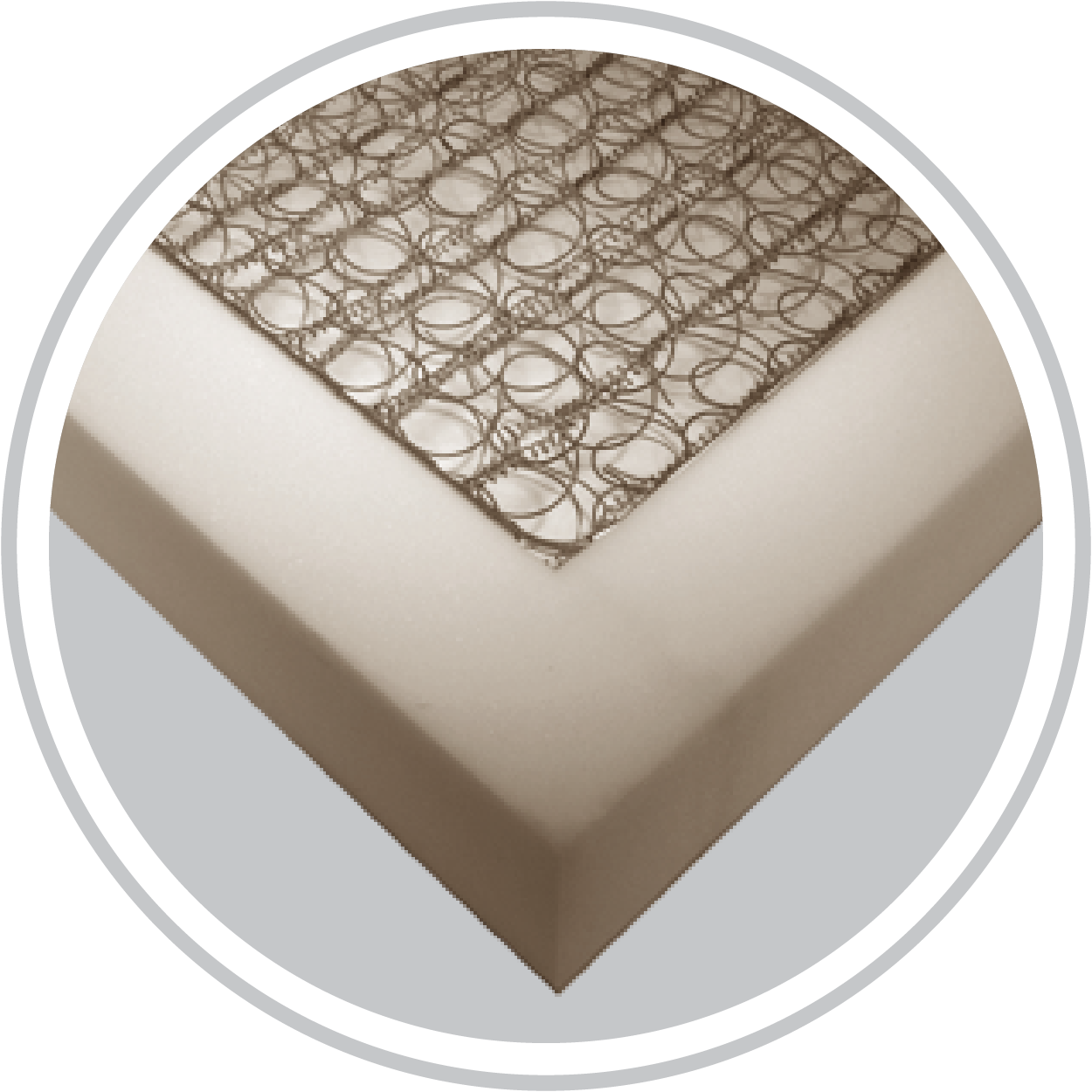
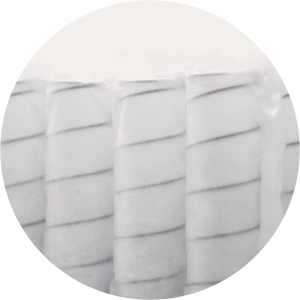
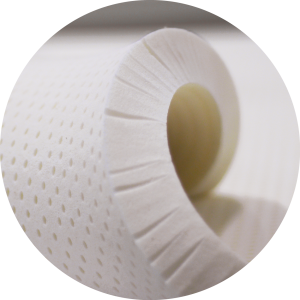

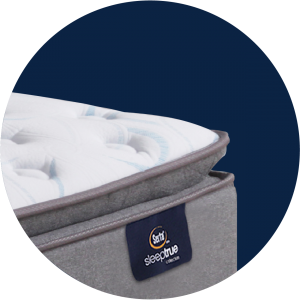
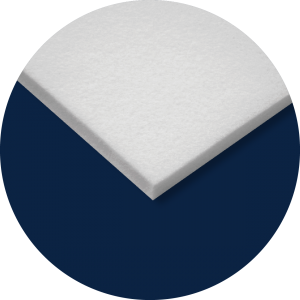
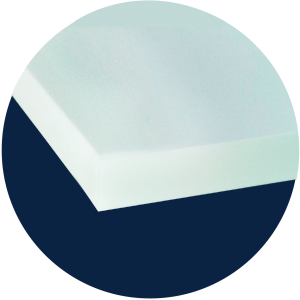
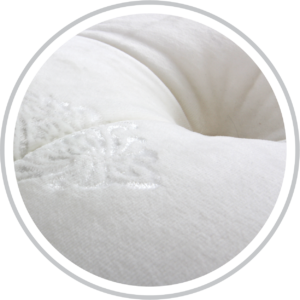
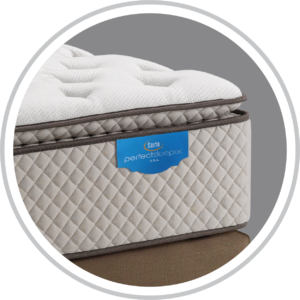
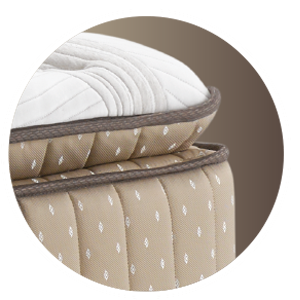
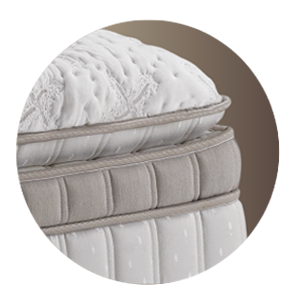

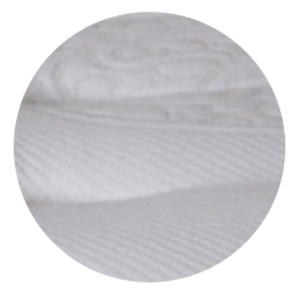
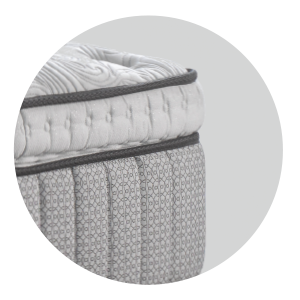


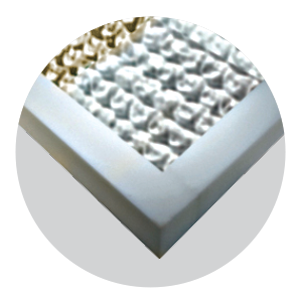
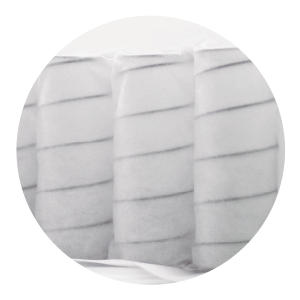
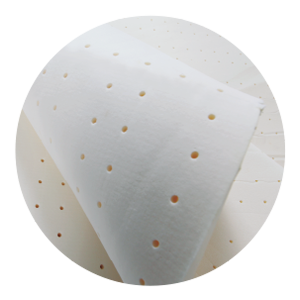
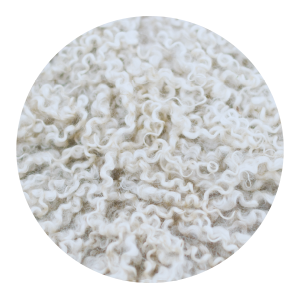
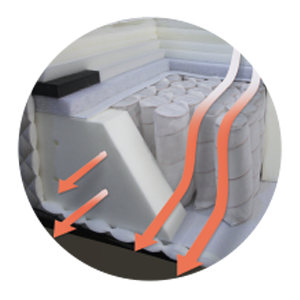
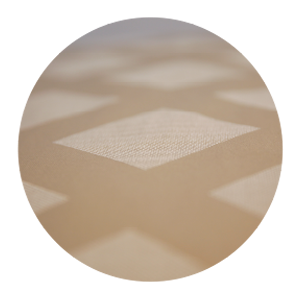
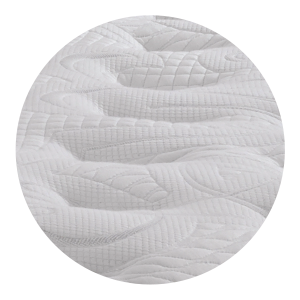
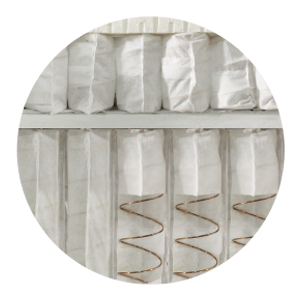
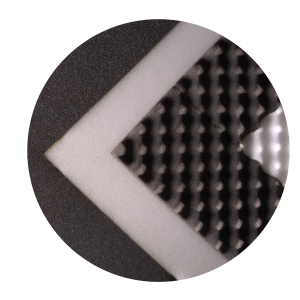


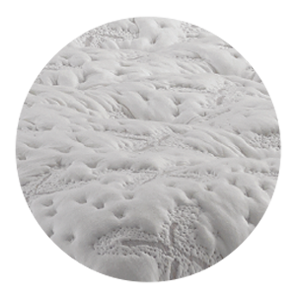
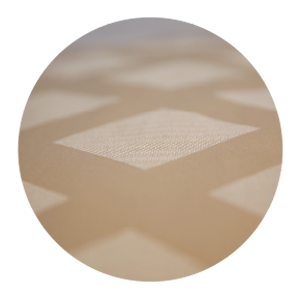
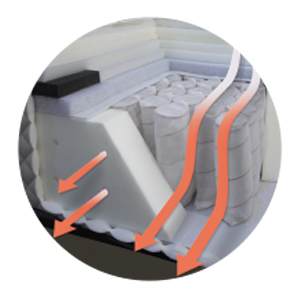
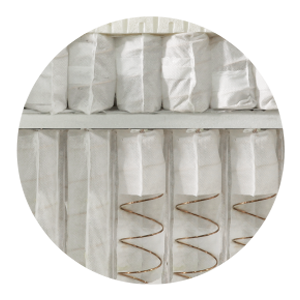
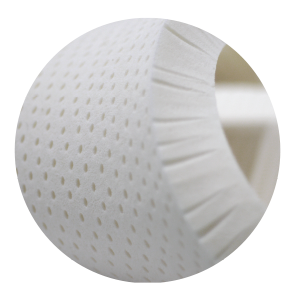
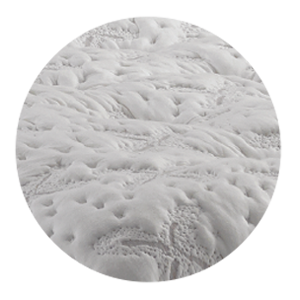
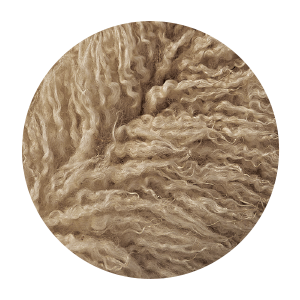
0 Comments